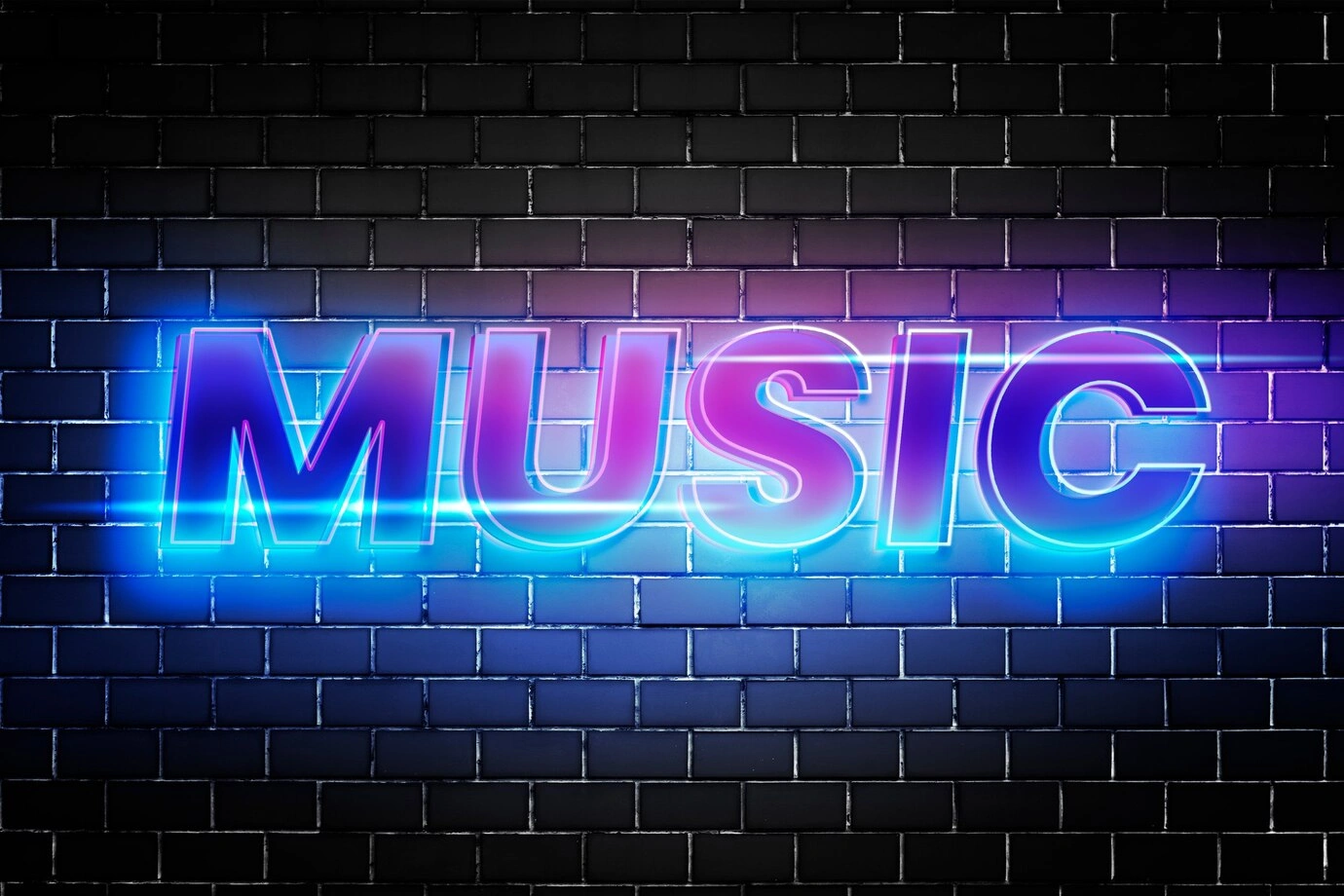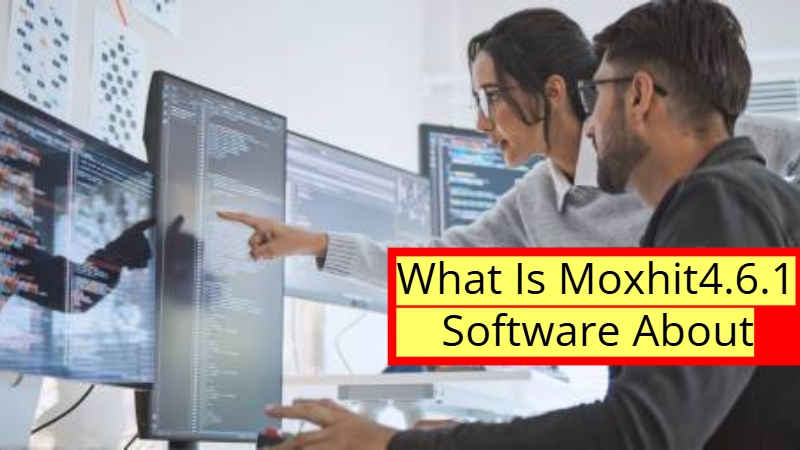Artificial intelligence (AI) has made significant strides in various fields in recent years, and music creation is no exception. One of the most exciting developments in this area is the AI music generator from text, a tool that allows users to create original music simply by providing text-based descriptions. This innovative technology is transforming how music is composed, making it more accessible, efficient, and customizable for creators of all backgrounds.
What is an AI Music Generator from Text?
An AI music generator from text is a software or tool that uses artificial intelligence to generate music based on written descriptions or prompts. Instead of needing to understand musical theory or composition, all the user needs to do is provide a text prompt that outlines the desired music characteristics. This could include factors such as the genre, mood, tempo, and instruments, and the AI will generate a composition that fits these parameters.
For example, if a user types “create a calming piano melody,” the AI will interpret this request and produce a soothing piano track. By using vast databases of existing music and advanced machine learning algorithms, AI tools are able to compose music that matches the specific style, mood, or genre requested by the user.
How Does an AI Music Generator from Text Work?
Creating music with an AI music generator involves several key processes:
- Text Input: The user provides a text description, which can include the desired genre (e.g., classical, jazz, electronic), mood (e.g., uplifting, dark, relaxed), tempo (e.g., fast, slow), and instrumentation (e.g., piano, guitar, drums).
- Natural Language Processing (NLP): The AI uses Natural Language Processing (NLP) to interpret the text input. NLP helps the AI understand the meanings and relationships behind words and phrases. It breaks down the prompt to identify key components like mood, tempo, genre, and instrumentation.
- Music Composition: After processing the input, the AI uses deep learning and neural networks to create a piece of music that matches the described parameters. It applies patterns, structures, and rules it has learned from millions of music tracks in different styles to create an original composition.
- Output: The result is an audio file, typically in MP3 or WAV format, that the user can download and use. The music generated can then be incorporated into videos, games, commercials, or other media.
Why is AI Music Generation from Text Important?
The AI music generator from text offers a wide range of benefits, making it an essential tool for a variety of creators. Here’s why it’s so important:
- Accessibility for Non-Musicians: Traditionally, creating music required knowledge of musical theory, composition, or playing instruments. With AI Music Generator from Text, anyone – even those without any musical background – can create professional-sounding tracks simply by describing what they want in text form. This is especially empowering for content creators, filmmakers, marketers, and anyone else looking for custom music without hiring a composer.
- Efficiency: AI music generators can create an entire track in a matter of minutes, something that would normally take hours or days to compose manually. This makes the technology invaluable for individuals or companies that need quick turnaround times, such as YouTubers, advertisers, and video game developers.
- Cost-Effective: Hiring professional composers or purchasing royalty-free music can be expensive, especially for independent creators or small businesses. AI music generators offer an affordable alternative, allowing users to create unique music on-demand without high costs.
- Endless Customization: One of the key benefits of AI music generation from text is the ability to customize the output. Whether you want a cheerful pop tune, a dramatic orchestral score, or a smooth jazz track, the AI allows you to specify exactly what you need. This level of personalization is invaluable for creators who need tailor-made music for their projects.
- Creative Exploration: AI music generators can also be an excellent tool for musicians and producers to experiment with different genres, moods, and styles. AI can generate music that serves as inspiration or as a starting point for further creative exploration. It can also help overcome creative blocks and push musicians to try new things.
Applications of AI Music Generators from Text
AI music generators have a wide array of applications across various industries. Here are just a few examples of how these tools are being used:
- Content Creation: For video creators, YouTubers, and social media influencers, having original background music is crucial for establishing a unique identity. AI-generated music offers a way to produce custom music without worrying about licensing issues or high costs.
- Advertising and Marketing: Brands often need custom music for commercials, ads, or promotional content. AI music generators from text allow marketers to quickly create music that aligns with their brand’s identity and messaging. They can generate upbeat jingles, dramatic scores, or calming background music depending on the campaign’s tone.
- Video Game Development: Music plays a vital role in video games, setting the tone and atmosphere for gameplay. AI music generators can provide game developers with custom soundtracks that are tailored to different scenes or levels, ensuring a cohesive and immersive experience for players.
- Film and Television: Filmmakers often need original soundtracks and background scores to complement their visual storytelling. AI-generated music can provide an efficient and affordable alternative to hiring a composer, helping filmmakers get the sound they need in less time.
- Personal Projects and Exploration: Individuals who simply want to create music for personal use or as a hobby can take advantage of AI music generators to explore different musical ideas without the need for expensive software or formal training. AI can provide a fun, easy way to experiment with music creation.
Popular AI Music Generators from Text
There are several tools available today that allow users to generate music from text prompts. Some of the most popular platforms include:
- Amper Music: Amper is a user-friendly AI tool that allows users to create custom music tracks by selecting the desired genre, mood, and instruments. It’s widely used by content creators who need original music for their videos.
- Aiva: Aiva (Artificial Intelligence Virtual Artist) is an AI composer that specializes in creating orchestral and classical music. It’s often used by filmmakers and video game developers to create cinematic soundtracks.
- Jukedeck: Jukedeck was one of the pioneers in the AI music generation, offering a platform for users to create original music for videos. It has since been integrated into TikTok for music creation.
- Soundraw: Soundraw is an AI music generator that allows users to customize the generated music by adjusting the tempo, genre, and instruments. It’s useful for creating background music for social media posts and online videos.
- OpenAI’s MuseNet: MuseNet, developed by OpenAI, is an AI model capable of generating music across multiple genres, from classical to pop. It can even combine instruments in complex compositions, making it ideal for more sophisticated projects.
The Future of AI Music Generation from Text
The future of AI music generation from text is bright, with ongoing advancements in AI technology. Here are some developments to look forward to:
- Greater Personalization: Future AI music generators will likely offer even more customization options, allowing users to fine-tune their music more precisely to match their creative vision.
- Real-Time Music Creation: As AI becomes more advanced, users might be able to interact with the AI in real-time, adjusting parameters and making changes to the music as it is being generated.
- Integration with Other Creative Tools: AI music generators could integrate seamlessly with other creative software like video editors, animation tools, or game development platforms, making it easier for creators to incorporate music into their projects.
- Collaborative AI: Future AI systems may allow for collaboration between human musicians and the AI, blending human creativity with the AI’s ability to generate new ideas and patterns.
Conclusion
The AI music generator from text is an exciting breakthrough in the world of music creation. By allowing users to create high-quality music simply by typing text descriptions, AI is making music more accessible, efficient, and customizable. Whether you’re a content creator, a filmmaker, a marketer, or a musician, these tools offer new opportunities for creativity and innovation. As the technology continues to improve, we can expect even more sophisticated and personalized music generation, unlocking limitless possibilities for music creators around the world.


